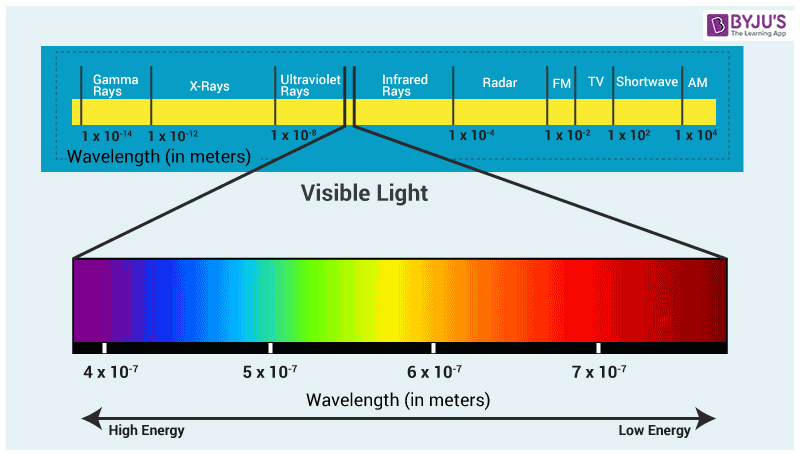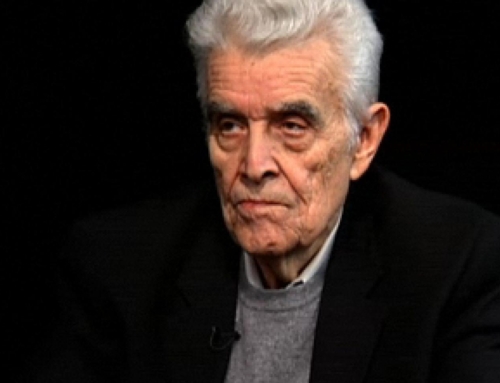The illustration for this post shows the range of light waves and the tiny proportion of which is visible. A similar chart for sound waves shows the tiny range of waves which are audible to the human ear. There is much more “out there” than we can perceive with our physical senses.
The aptly named Angelico Press have recently issued an excellent book on angels. The Other World We Live In is an accessible, pithy book about the spirit realm by a Brazilian theologian and convert Scott Randall Paine.
In the introduction he discusses “So Much We Don’t See” and points out to the materialist (who professes to believe only what his senses reveal to him –or what science can prove) that we all take for granted a vast realm of reality that we cannot see, hear, taste, touch or smell.
He makes four points:
- Spatially “there is far more world, more cosmos out there than your eyes can even approximately capture” Whether it is the expanse of the earth–I can’t see what’s going on in Swaziland– or the trillions of galaxies. Even with the best cameras and telescopes and satellites there is far more than you can see.
- Chronologically – there are thousands-yea billions of years which we can never experience or see, but the effects of those events are real and there is even more unseen in the future.
- Scientifically – In addition to Gamma Rays, X Rays, Radar, Radio Waves, Shortwaves etc. we accept that there are quadrillions of atoms buzzing within and around us but you can’t see them. Light itself is not something you can see. You see things because of light, but light itself is invisible. We can’t see the electromagnetic radiation that operates our cell phones or, for that matter, the electricity that powers our lives. Father Paine goes on to point out that science itself tells us that only 5% of matter is the stuff we can experiment on. 95% of “dark matter and energy” remains mysterious, invisible and unidentified. 95%!!
He concludes, “Thus on a material basis alone, any scientifically enlightened view of reality must concede that beyond the tiny slice of cosmos we are able to perceive there is incalculably more that is unseen.”







Leave A Comment
You must be logged in to post a comment.